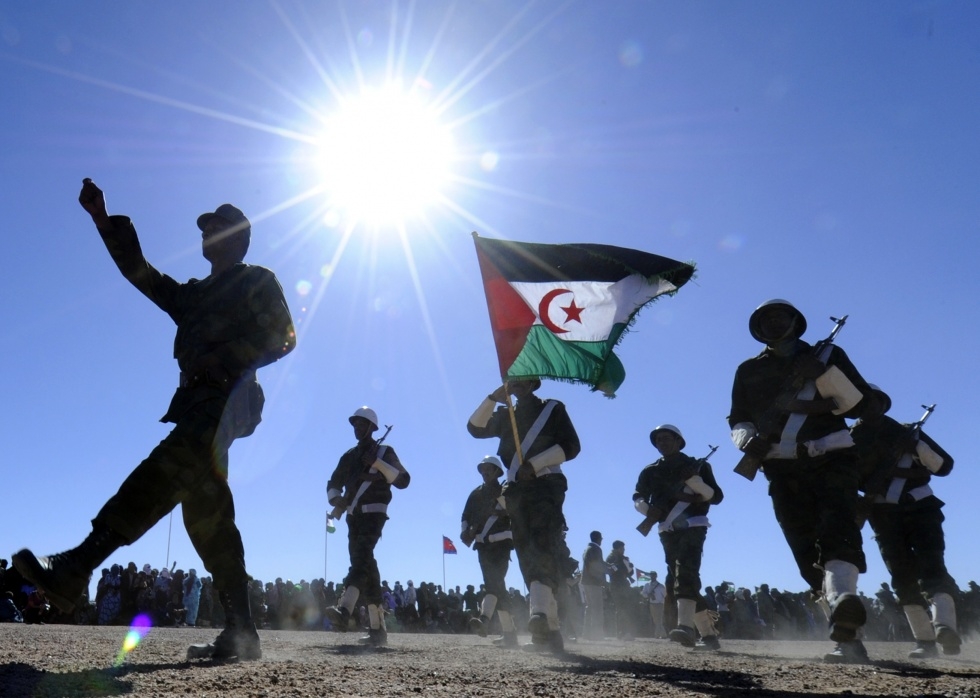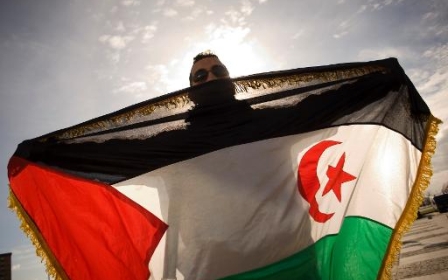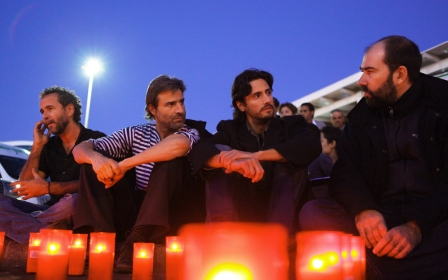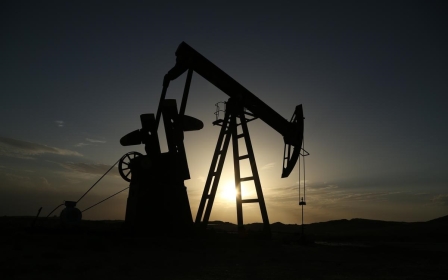Sahara’s Polisario Front threatens new armed struggle against Morocco

The Western Sahara’s Polisario Front independence movement threatened a new armed struggle after Morocco’s king said his country will remain there “until the end of time” in a speech last week.
State-run Radio Algerienne cited remarks by Mohamed Salem Ould Salek, the Front’s designated foreign minister, as saying the Sahrawi people “will have no choice but to return to armed struggle", due to international inaction on the issue and Morocco’s lack of respect for international law.
The Western Sahara, a former Spanish colony in north-west Africa, was annexed by Morocco in 1975. The move has not been recognised internationally.
A UN-backed process to reach an agreement and referendum on autonomy, semi-autonomy, independence or integration for Sahrawis has remained deadlocked for a decade due to rejections over various concerns by Morocco and the Polisario.
Morocco’s King Mohamed VI, commemorating the 39th anniversary of the Western Sahara’s annexation on 6 November, said that “Morocco will remain in its Sahara, and the Sahara will remain part of Morocco, until the end of time”.
The Sahrawi government released a statement the following day saying it “condemns in the strongest manner such an attitude, which is contrary to international legality”, describing the Moroccan king’s statement as a “colonial scheme”.
The Polisario Front fought Moroccan troops for a decade and a half until the UN negotiated a ceasefire in 1991.
The Western Sahara dispute is the main thorn in relations between Algeria and Morocco, whose common border has been closed for two decades.
New MEE newsletter: Jerusalem Dispatch
Sign up to get the latest insights and analysis on Israel-Palestine, alongside Turkey Unpacked and other MEE newsletters
Middle East Eye delivers independent and unrivalled coverage and analysis of the Middle East, North Africa and beyond. To learn more about republishing this content and the associated fees, please fill out this form. More about MEE can be found here.




